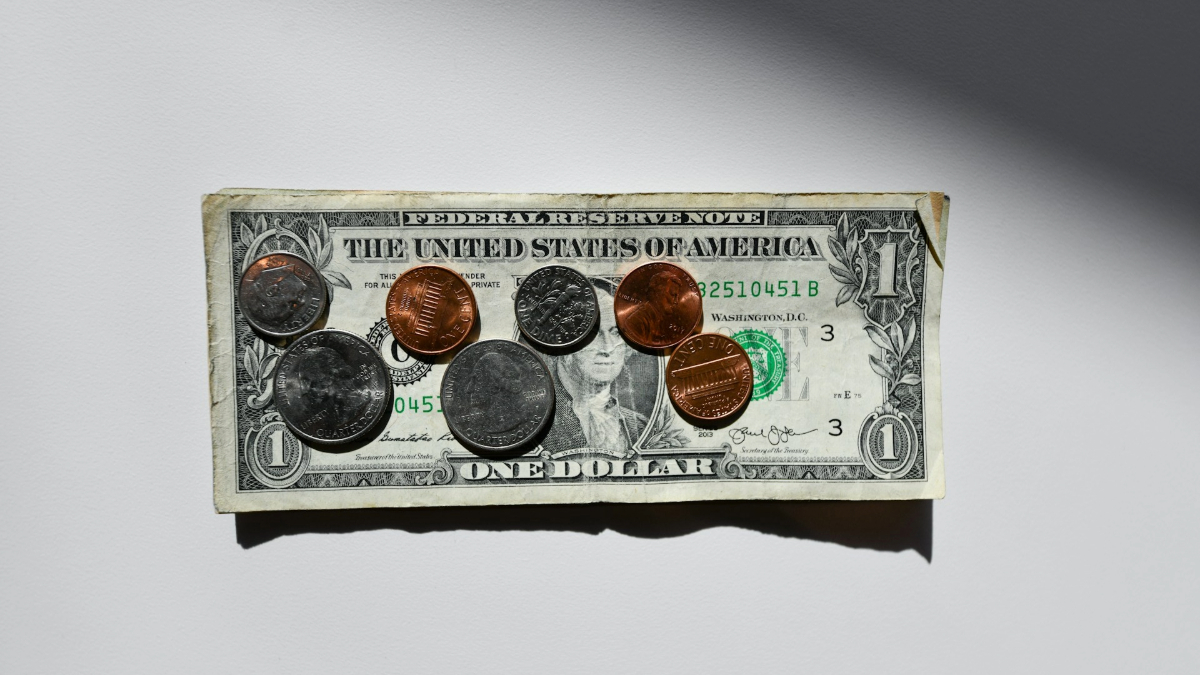Starting September 30, 2024, Florida workers will experience an increase in the minimum wage, rising from $12 to $13 per hour. This change comes as part of a gradual increase approved by Florida voters in 2020 through a constitutional amendment, which aims to raise the state’s minimum wage to $15 per hour by 2026.
In November 2020, Florida voters passed Amendment 2, which mandates an incremental increase in the state’s minimum wage. This amendment was approved with 61% of the vote, reflecting a strong public demand for higher wages. The initial increase took place in September 2021, raising the minimum wage from $8.65 to $10 per hour. Subsequent annual increases have been scheduled, with the wage set to reach $15 per hour by September 2026.
The September 2024 minimum wage increase
The upcoming wage increase will see the minimum hourly rate rise from $12 to $13. This adjustment also applies to tipped employees, whose minimum wage will increase from $8.98 to $9.98 per hour. These changes are designed to help workers keep pace with the cost of living and ensure fair compensation for their labor.
Following the September 2024 increase, Florida’s minimum wage will continue to rise annually. In 2025, the minimum wage will increase to $14 per hour, and by 2026, it will reach $15 per hour.
After 2026, further adjustments will be tied to the Consumer Price Index for Urban Wage Earners and Clerical Workers (CPI-W) to account for inflation and ensure that the wage maintains its purchasing power.
For low-income families, these measures are critical, as inflation can quickly push people into poverty when their wages are barely enough to get by under more “favorable” economic conditions.
The wage increase is expected to benefit hundreds of thousands of workers across various industries in Florida. According to the Economic Policy Institute, higher minimum wages have been shown to reduce poverty rates and improve living standards for low-income families. For many workers, this increase will provide much-needed financial relief and support.
How will the increase in the minimum wage impact poverty?
There are dozens of factors that continue to decrease the poverty rate, and raising the minimum wage is just one. In Florida, since 2019, poverty has fallen from 14.0 percent to 12.9 percent in 2022. When the 2023 figures become available, we will be in a better position to evaluate whether the increase has had a sustained impact on reducing poverty.
Economic experts suggest that the increase in the minimum wage could have several positive effects, including increased consumer spending and reduced reliance on government assistance programs.
By putting more money into the hands of low-wage workers, the wage hike can stimulate economic growth and support local businesses.

